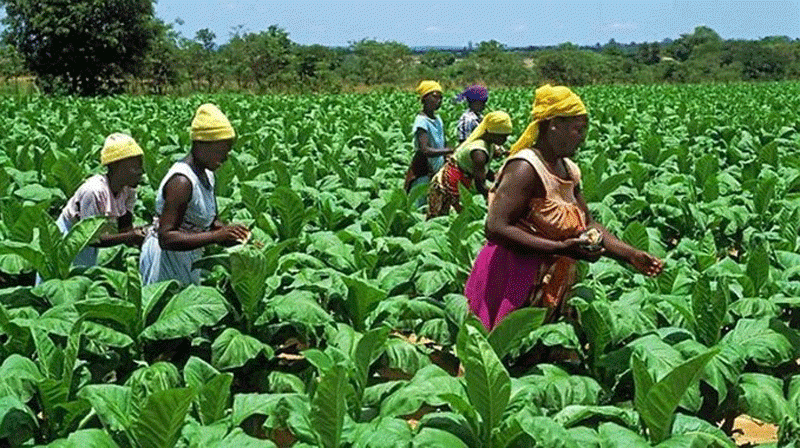
THE Tobacco Industry and Marketing Board (TIMB) has hailed the rollout of its biometric grower registration system as a major success, with thousands of farmers already onboarded and reaping the benefits of enhanced security, transparency and accountability within the tobacco value chain.
Launched as part of broader efforts to curb side marketing and contract abuse, the biometric system, now fully functional across all provinces, links each grower’s unique number to their fingerprints and global positioning system co-ordinates of their household and farm.
The move comes amid concerns of the rampant misuse of grower identity and side marketing, where farmers either sell contracted tobacco to unauthorised buyers or pass off self-financed crops to contracting firms. In 2021 alone, side marketing cost five tobacco exporters a combined US$57 million, with the broader industry suffering significant contract breaches and revenue losses.
Growers across the country have largely welcomed the biometric registration process, citing enhanced security and fewer cases of identity theft at the contract and auction floors.
“This year, I feel safer bringing my bales to the auction,” said Gladys Mavhunga, a small-scale tobacco farmer in Karoi.
“Last season, someone tried to use my grower number, but with the fingerprint system, that will no longer be possible. It is faster and I know my labour will be rewarded.”
Tendai Moyo, a commercial tobacco grower in Rusape, said: “This is a game-changer. Before, there were so many ghost farmers getting inputs or selling tobacco that was not theirs. Now it’s your thumbprint or nothing.”
TIMB emphasised the strides made in securing grower information through encryption, strict access controls and continuous system monitoring.
- Govt opens ChiTown e-passport centre
- Border Timbers targets European markets
- NGO brings cheer to diarrhoea-hit Byo suburbs
- Garakara walks through his music journey
Keep Reading
“We’ve made significant strides in ensuring the security and privacy of grower information through encryption, strict access control and continuous monitoring,” said Edson Nhemachena, TIMB head of information communication and technology.
“However, we recognise the need to evolve. Our current systems, while stable, face limitations in scalability and integration. That is why we are migrating to a more robust ERP system; this will not only streamline operations but also enhance data security and compliance with both national and international standards.”
He added that automating manual processes and enabling real-time integration with industry systems were critical for improving efficiency and delivering better services to growers and stakeholders.
Compliance administration officer, Pelagia Marumahoko, clarified that the introduction of biometrics has not changed the registration process but has become a fundamental part of it.
“Growers have been co-operative as enrolment continues. Though some remain sceptical, we are actively educating them,” she said.
While reception has been largely positive, challenges remain, particularly with older farmers or those whose fingerprints are worn from years of manual labour. To address this, registration teams have been trained to capture multiple fingerprints as an alternative.
TIMB officials said the biometric grower management system represented more than just a technological upgrade. It is a cornerstone of TIMB’s vision to transform Zimbabwe’s tobacco sector to a US$60 billion industry by 2028.
With biometric verification now a requirement at both input distribution and selling points, the tobacco industry is experiencing a cultural shift where identity, ownership and accountability are being redefined, one fingerprint at a time.
“Farmers will be verified using biometric scanners when collecting inputs and selling their crop. This will prevent multiple contracts under different merchants and reduce default rates,” TIMB acting chief executive officer Emmanuel Matsvaire said.






